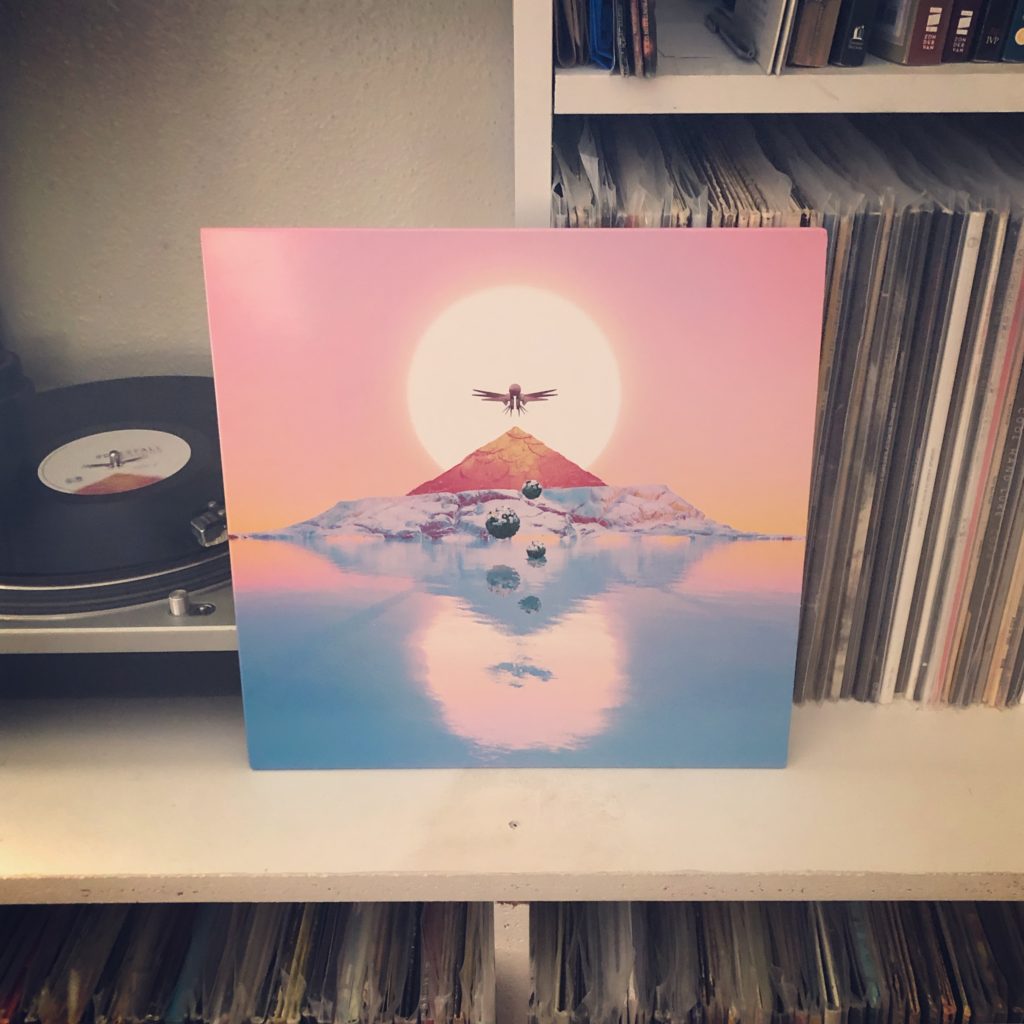
Despite my love of mid-2000s Christian post-hardcore (exhibit A, exhibit B, exhibit C…it goes on), I had somehow missed Hopesfall during their heyday. I remember hearing the name tossed around, but I always lumped them into the same pile of hyped bands that I didn’t have any interest in, like Haste the Day, As I Lay Dying, August Burns Red, etc. (someone is going to tell me I need to listen to them now, I can feel it).
So when a friend recommended their most recent release, I was expecting a warmed over Underoath clone (their place on the Equal Vision roster didn’t help).
I was absolutely not expecting the best mix of hardcore and space rock this side of Cave In. Right out the gate, Arbiter demolished those expectations. “Faint Object Camera” opens with hug, crashing guitar chords that are more HUM than Demon Hunter. The comparison is even further supported by the fact that frontman Jay Forrest’s clean vocals sound a bit like Matt Talbot.
Given the huge opening track, likening them to “a heavier HUM” is the most obvious comparison (and one that would have instantly endeared them to me, Calvin, why didn’t you mention that in the first place). But that’s a bit reductive when you look at the rest of the tracks. The record feels a bit like a game of influence bingo without ever feeling derivative.
Scattered throughout the record are some of the most satisfying singalongs this side of the third-wave. The chorus of “H.A. Wallace Space Academy” wouldn’t feel out of place coming from a poppier group like Taking Back Sunday. “Drowning Potential” shifts between blistering hardcore verses and space rock choruses in a way that is reminiscent of Deftones. Throughout the record, the heavily-reverberated guitars nod to post-metal heroes like Russian Circles and ISIS.
But despite all of these separate musical queues, Hopesfall never feels like a generic ripoff of any of them. Rather, Arbiter is as vibrant as fresh as the color palette on the cover. They create something that’s as melodic as it is heavy without either element dulling the edge of the other. “Tunguska” is a great example of this, blending poppy hooks with heavy, crushing riffs and sky-piercing guitar leads.
Reunion albums are always a strange place to be introduced to a band. At best they serve as a rose-colored retrospective on the best parts of a group’s sound, at worst warming up a stale copy of their glory days. But given that every other Hopesfall record sells for over $100, I’ll resist digging deeper into their catalogue just yet. Until a bulk vinyl reissue, Arbiter will have to keep me happy. And that won’t be a very difficult task.